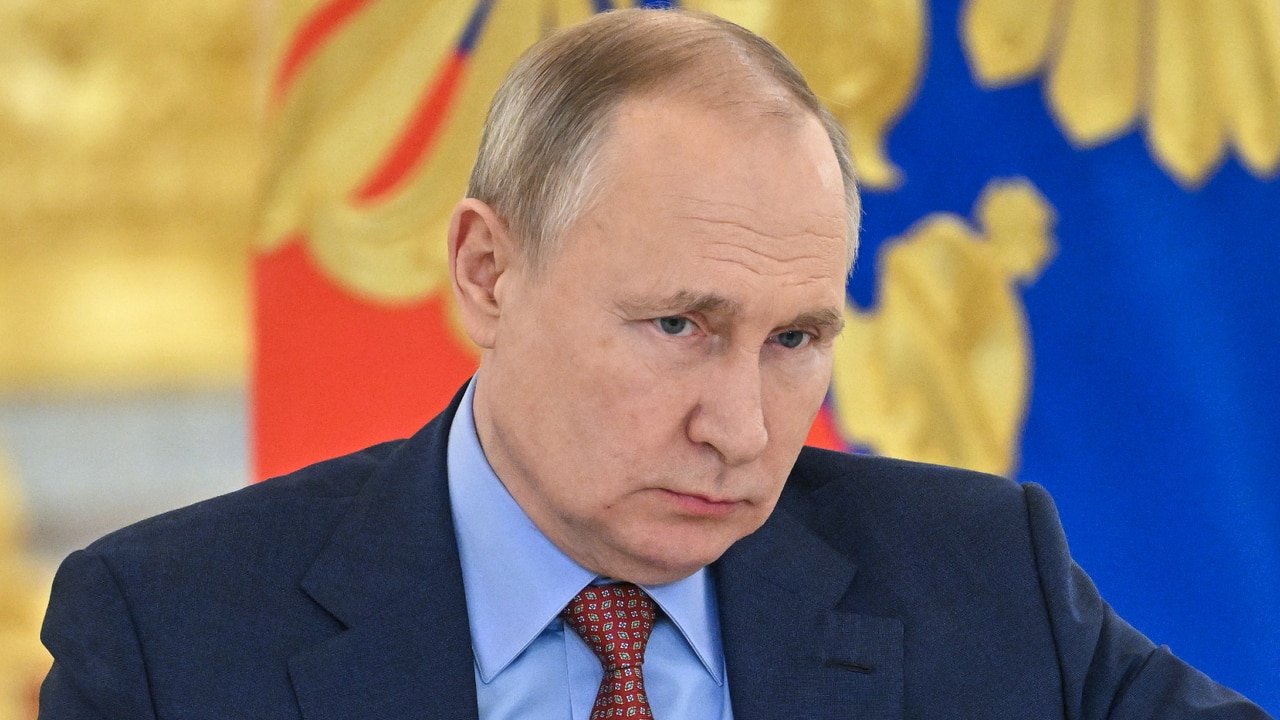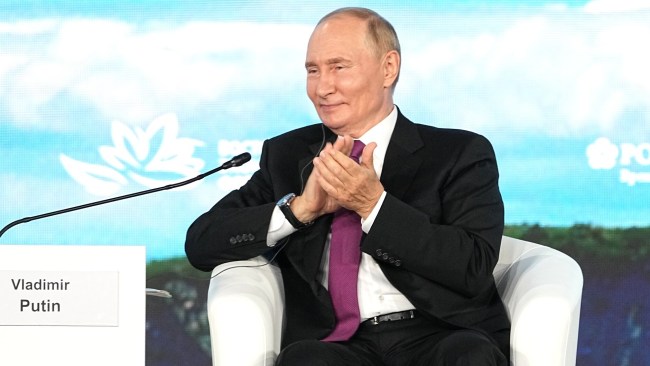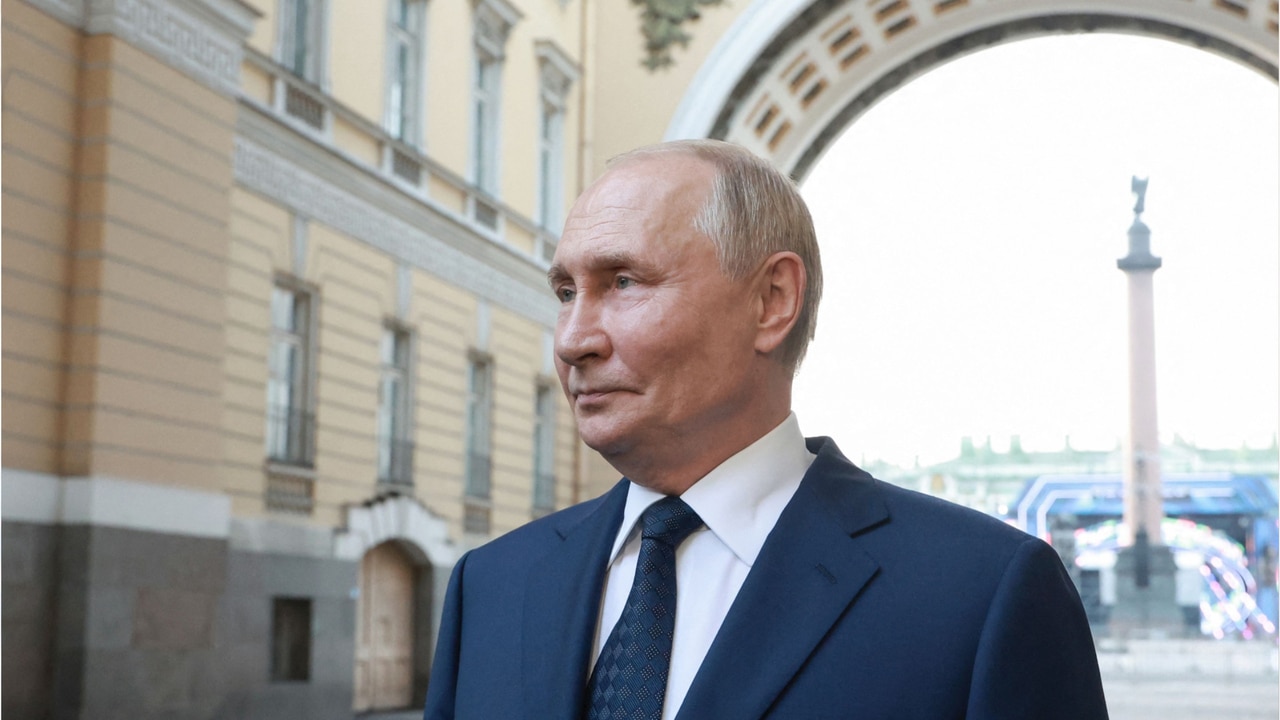Russian President Vladimir Putin wants his people to have sex at work after launching bold initiative aimed at tackling falling birth rates
Russia has urged its citizens to have sex at work during their breaks in an attempt to reverse the country's declining birth rates.

Russia has told its citizens to have sex at work in a bold new initiative aimed at bolstering the county’s dwindling birth rates.
Putin, 71, made the “sex-at-work” push last week, which encourages tens of millions of Russian adults to procreate during lunch and coffee breaks at work.
The current fertility rate in the largest country in the world is around 1.5 children per woman, far below the reported 2.1 rate required to stabilise the population.

The president appears to be worried about Russia achieving that target, after as many as one million people fled the country amid the ongoing war against Ukraine.
"The preservation of the Russian people is our highest national priority,” he said.
“The fate of Russia … depends on how many of us there will be. It is a question of national importance”.
Health minister Dr Yevgeny Shestopalov backed the “sex-at-work” move when asked by a reporter how citizens can find the time to procreate while juggling demanding work schedules.
“There are people who work 12 to 14 hours – when do they make babies?” the reporter asked Dr Shestopalov.
“During break time,” he replied.

“Being very busy at work is not a valid reason, but a lame excuse.
“You can engage in procreation during breaks, because life flies by too quickly.”
Member of Parliament (MP) Tatyana Butskaya went as far as to urge employers to assess the birthrate among women in their workplace to determine if more staff can have children.
“Each employer should look at their workplace, what is your birth rate? Here in your team,” Butskaya said.
“Do you have one more child this year from each person who can give birth to a child this year – or not?
“This is exactly how we should pose this question…we will monitor it. In a year, our task is, of course, to increase it."

Politician Anna Kuznetsova and MP Zhanna Ryabtseva added Russian women should be having children as young as 18 to maximise their fertility window.
“You should start giving birth at 19-20 years old. Then, statistically, the family will be able to have three, four, or more children,” Kuznetsova said.
Ryabtseva added: “Give birth, give birth and give birth again, you need to give birth, give birth at 18.”
It comes as women aged 18 through 40 in Moscow are being encouraged to undertake a free fertility assessment.
Females under the age of 24 can meanwhile claim a $16,000 payment for having their first child in Chelyabinsk.
However, Russia is not the only country grappling with plummeting birthrates, with Thailand, Japan and South Korea introducing measures to boost its population.

Births in Thailand have dropped below 500,000 annually from over 1 million in 1997, and the fertility rate has dwindled to 1.08 in 2023 from 6.29 in 1970, according to the National Economic and Social Development Council (NESDC).
Recent modelling in the Asian country predicts a population decrease from 66 million to 33 million in 60 years.
The large drop may see a working-age population decrease from 46 million to about 14 million.
The 32 million gap is expected to severely impact economic development and national security.
Several economic factors including rampant inflation has deterred people from having children worldwide.
